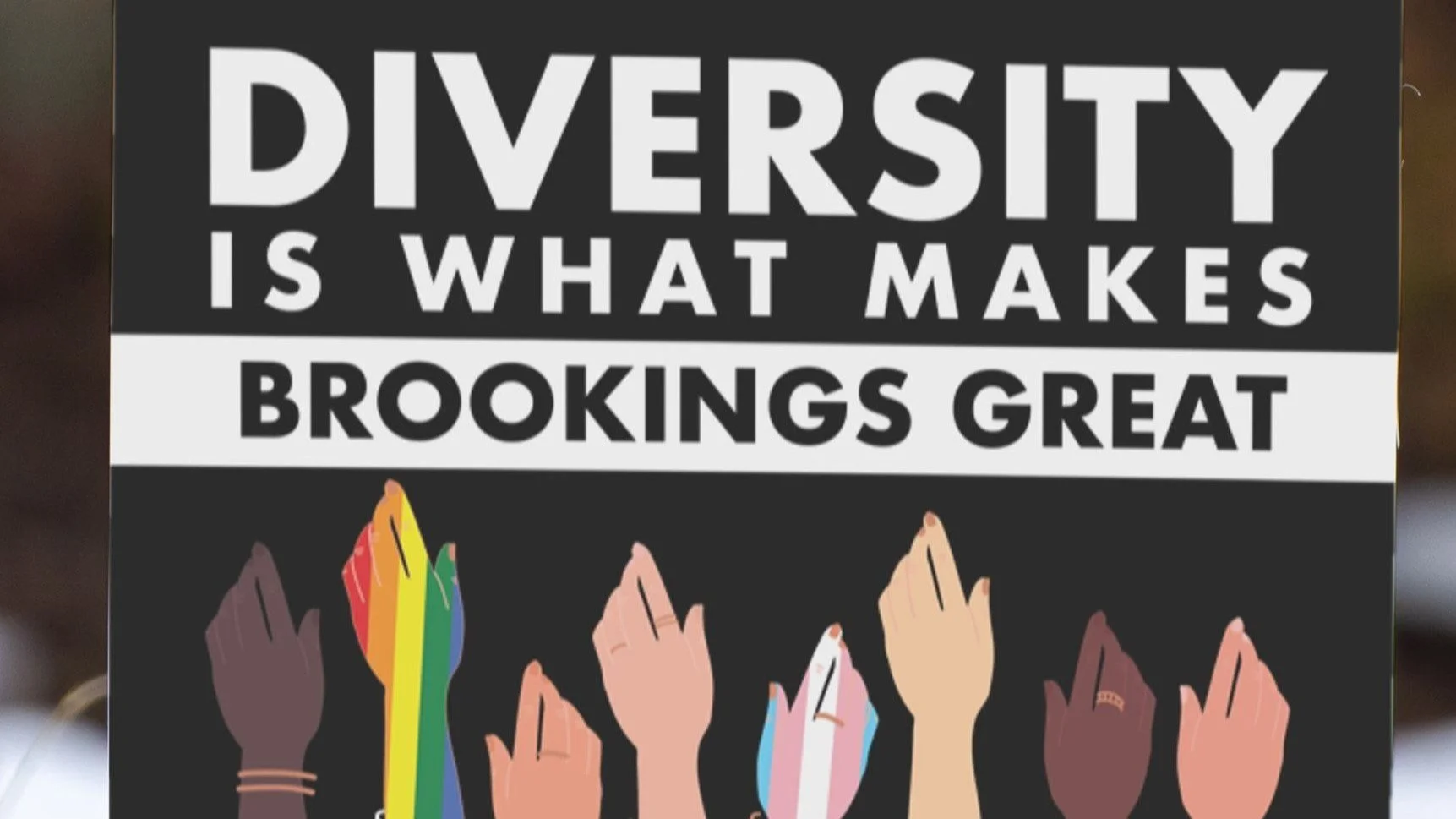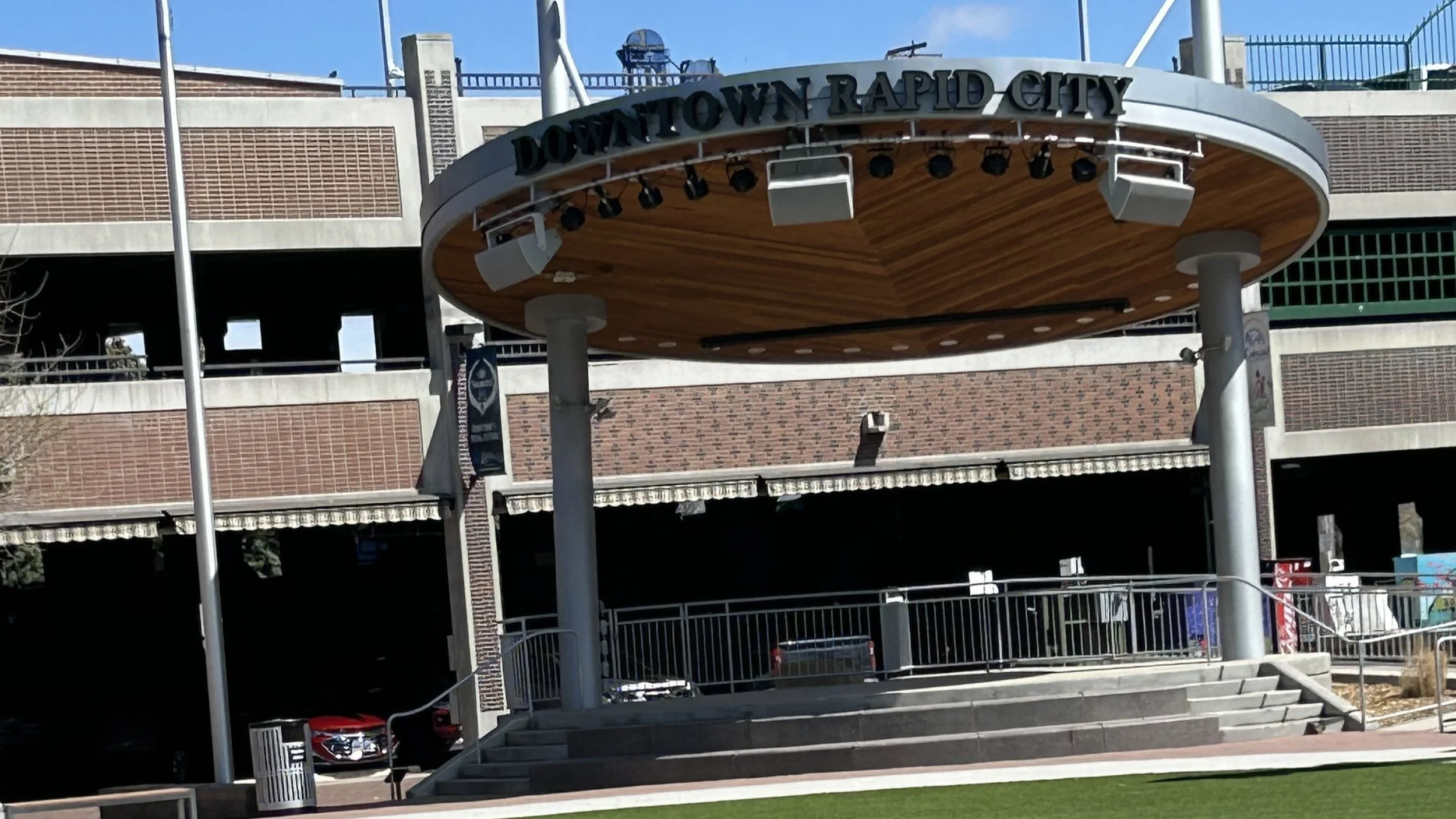Laura Armstrong: What happened to what our country once stood for? Can we find our way back? Will we?
I still think about my elementary school days with a smile. I was a frizzy-haired book nerd — a somewhat klutzy tomboy who played hard at recess and earned straight A’s. I truly loved to learn. History was my favorite subject, and our school librarian patiently helped me work my way through every history book on the shelf. I wasn’t sure if I could sing well, but I certainly loved music class — and I sang with my whole heart.
One of the most meaningful events each year was Culture Week. During that week, we explored countries and cultures from around the world. We read their stories, sang their songs, and even sampled their foods.
On the final day, we celebrated the idea of America as a "melting pot" — a place where people from different backgrounds came together. And I felt proud to be part of that. Proud to be American — not in spite of our differences, but because of them.
Lately, though, I can’t help but wonder: what happened to that spirit?
It feels like we’ve traded celebration for suspicion. Today, anything not wrapped in red, white and blue is too often labeled “un-American.” The word freedom gets shouted a lot — but it doesn’t seem to mean what it used to. Compromise has become a dirty word.
Dialogue is drowned out by division.
I grew up believing that diversity meant welcoming people from different backgrounds. Equity stood for fairness. Inclusion meant everyone had a seat at the table. These weren’t controversial terms. They were core values which were taught in school assemblies, practiced in group projects, preached at church, and demonstrated in how we treated one another.
Now? Those same words are treated like threats. They’re politicized, weaponized, misunderstood. How did we get here?
I remember programs like Character Counts! It taught us about responsibility, respect, and kindness. Were those just posters on the wall? Were we only pretending to believe in those ideals?
It’s hard to look around today and still recognize the country I thought I knew—not because people disagree (we’ve always disagreed), but because we’ve stopped listening. We’ve stopped believing that people who are different from us can still share the same hopes, the same values, the same future.
Let’s be clear: Diversity doesn’t weaken us. It strengthens us. Equity doesn’t take something away — it lifts others up. Inclusion doesn’t divide us. It brings us together.
So I ask two simple questions: Where are we as a nation? And what do we the people stand for?
We can’t answer those questions by shouting each other down. We can’t build a better future by clinging to fear or rejecting the very principles we once celebrated.
It’s time to remember what we were taught — not just from textbooks, but from the small moments that shaped who we are. Values like fairness, empathy, open-mindedness, and courage. If we want to honor this country, we have to live those values — not just talk about them.
Because if we forget what brought us together in the first place, we risk losing what truly makes this nation worth standing for.
Laura Armstrong of Rapid City is a speech language pathologist who owns a small private clinic. She served two consecutive terms on the Rapid City Common Council (2017-2023) twice as council president, and remains dedicated to the Rapid City community.
Photo: public domain, wikimedia commons






